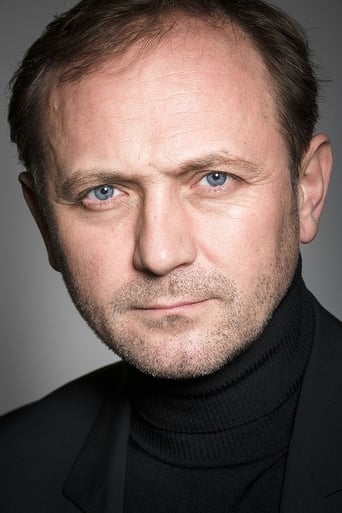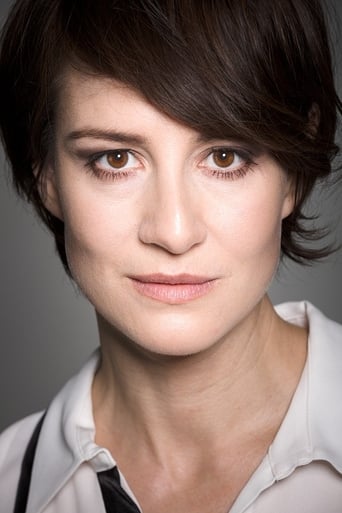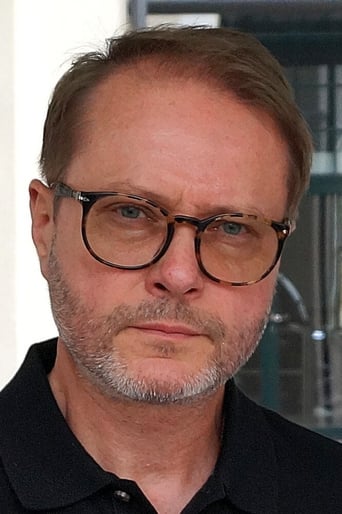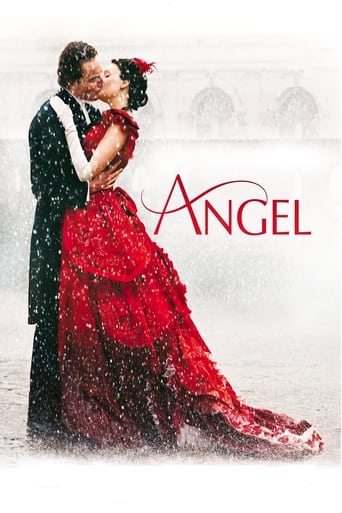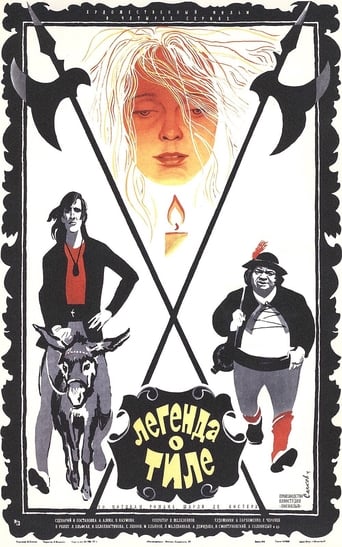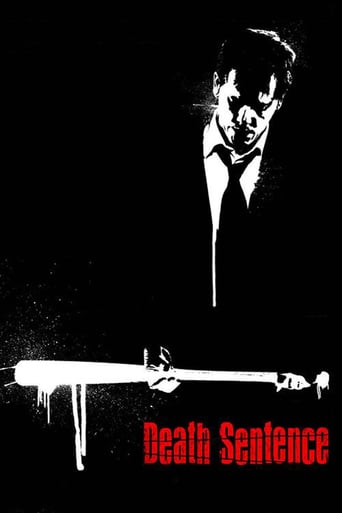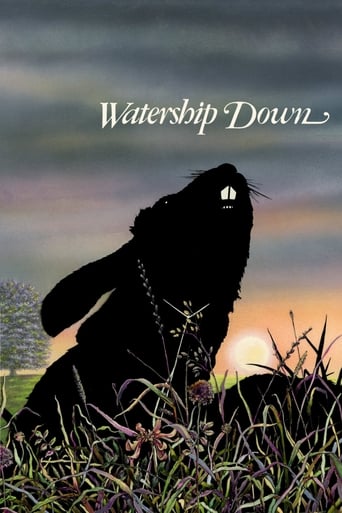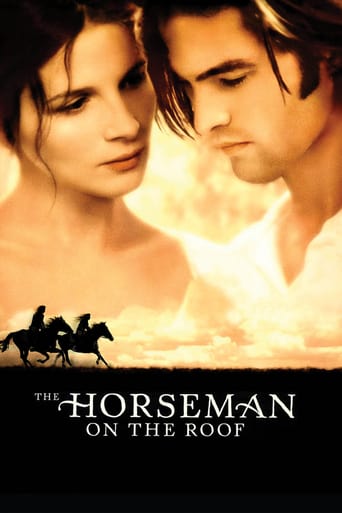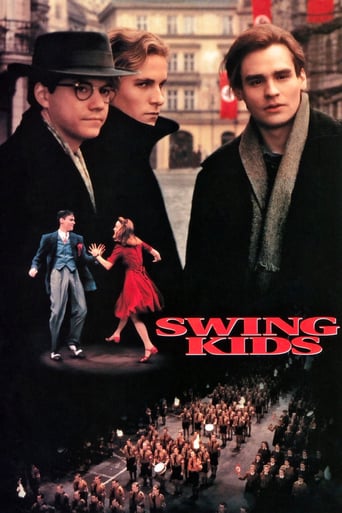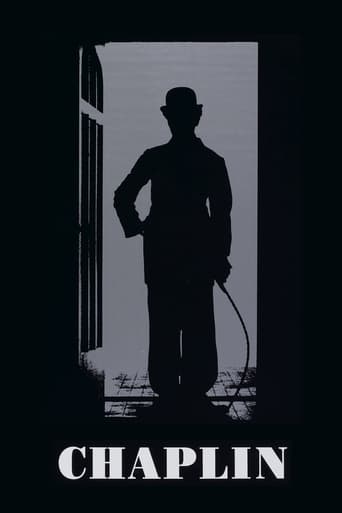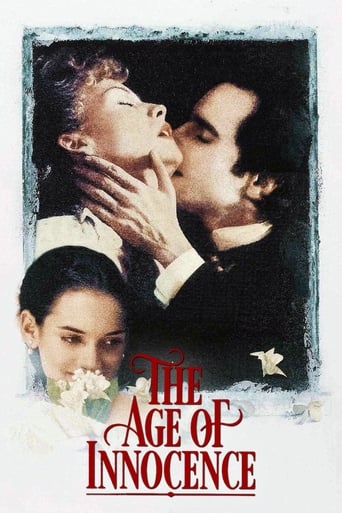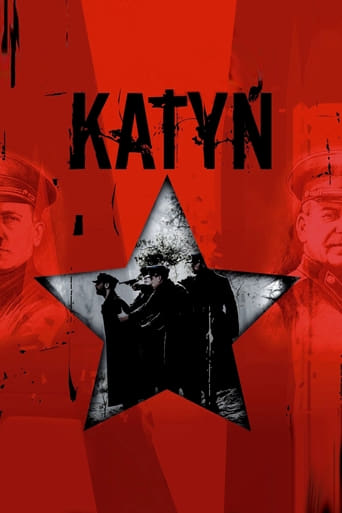

Katyn (2007)
On September 1st, 1939, Nazi Germany invades Poland, unleashing World War II. On September 17th, the Soviet Red Army crosses the border. The Polish army, unable to fight on two fronts, is defeated. Thousands of Polish men, both military and government officials, are captured by the invaders. Their fate will only be known several years later.
Watch Trailer
Cast


Similar titles
Reviews
KATYN: A stunning Grande Finale evokes a Silence of the Lambs ~ Viewed at the Annual Polish film week in Gdynia, September 18, 2007. The latest film by 81 year old Polish director Andrej Wajda, "KATYN" concerning the mass murder of Polish Prisoners of War perpetrated by the Russians in 1940 and for years either hushed up or cynically blamed on the Germans, is more than just another film by a famous director. It has become a "cause celèbre" and a national event stirring up the collective Polish memory of this incredible Russian atrocity"Katyn" is the name of a forest area outside of the city of Smolesk where over a three day period in May, 1940, 15,000 Polish POWs, mostly officers, were taken by the truckload and methodically dispatched one by one with a single bullet to the nape of the neck by agents of Stalin's NKVD. The nefarious purpose was to try to ensure that after the war there would be no high-level Polish military cadre left to oppose the Russification and Communization of Poland. (Talk about thinking ahead!)Stylistically, "Katyn" was apparently shot in "classical style" and, Mr. Wajda has stated that this is "the last film of the Polish School" -- a reference to the period of post-war Polish films of the fifties which put Poland on the international cinema map and of which a very young Wajda was the leading lightAs for the film itself, it turned out to be more like a religious experience than the mere viewing of a motion picture – which is not to say that "Katyn" is not successful on cinematic grounds alone – just that the cumulative effect was overwhelming – truly Over-Whelming. The picture starts in the middle of a bridge on dateline September 17, 1939 – a date which every Pole knows to be the infamous day on which the Russians invaded from the East to crush Poland and divide it up between themselves and the German invaders from the west. Crowds of civilians mixed with soldiers fleeing the Krauts run into another crowd fleeing the Russians –What to do? ~ One young woman with a small child tries to persuade her soldier husband to discard his uniform and flee with her to the relative safety of Krakow in the South. "I am an officer of the Polish Army – I can't do that" he states, invoking the aristocratic Polish military code which Wajda has called into question in many other films. – and so he falls into Russian custody, from which he will never return. Already the die of the film is cast and the subsequent events – the internment of the officers, the women back home trying to find out what happened to their men – the official lies – the cynicism – the desperate attempts to find out, the clinging to hope against hope and the frustration which is the body of the film, are all things completely, if painfully, familiar to just about every person in this country, even today. There are too many people still alive who went through it all. The bulk of the film takes place on the "home front" with notable female roles, especially dark-haired Maja Ostaszewska, to single out just one of several powerful distaff figures, and there is one important Russian character, an officer who tries to protect one of the protesting Polish women, played by the very popular Russian actor Sergei Garmash – a subtle indication that this film is not specifically anti-Russian – and then comes the Grand Finale.Switch to Katyn Forest. The trucks come rumbling in. The Polish officers are unloaded, one by one – and one by one shot in the back of the head – shoved screen forward into a gaping hole in the ground – bang-bang – push-push – plop-plop into the ditch – bodies with bloodied heads stacked up neatly like sacks of potatoes – then comes the bulldozer shoving loose dirt practically out of the screen and into the laps of the audience to cover up the obscenity – one upraised hand clutching a string of black rosary beads is the last to go under -- Screen goes black. End titles roll. No music. No sound. Nothing. Dead silence. One tiny flimsy attempt at a clip-clap is drowned out by the Silence of the Lambs as the audience files out without a word No number of stars can rate this film.
It's Sept 1939. Anna and her daughter Nika are part of the stream of humanity heading east escaping the Nazis. They run into refugees heading west escaping the Soviets. Anna's husband Andrzej is a cavalry captain captured by the Soviets. He is one of 20k Polish officers held as POWs. His father is an university professor in Nazi-occupied Krakau. The teachers are all taken to concentration camps. Anna struggles to return to Krakau. Lt. Jerzy gives his sweater to Andrzej. As the war goes on, both the Nazis and the Soviets blame the other for the Katyn massacre of the Polish officers. The families of these men struggle to find the truth and conform to the various government officials during and after the war.It's always important to correct a history that has been distorted by propaganda for so long. This does it sincerely and that is noteworthy. It does cover a lot of ground during and after the war. It's probably important to see the official account changing from one dictatorial government to the next. When the movie moves away from Anna, it does loses the thread of the story telling. While it's a sincere telling, the story does get muddled going between the various characters.
This film from the famed Polish director Andrzej Wajda was nominated for the Oscar for Best Foreign Language movie. I can see why--it was very well made. However, I must warn you, that although the film is exceptionally well done and important, it is also among the most brutal I've seen in a long time--with lots of closeup shots of Polish soldiers getting executed in the most graphic way possible."Katyn" begins during the invasion of Poland in September, 1939. Although folks outside Poland today now about the Germans invading, a lot of films and history books fail to discuss that the Soviets did the same--crashing in this relatively defenseless nation in a power grab. In the process, they rounded up all the Polish officers--sending them off to prisoner of war camps and, ultimately, to their deaths inside the USSR at a place called Katyn Forest (hence the name of the film).Much of the film is set after the massacre and has to do with the Soviet attempt to whitewash the incident by blaming the Germans. However, a few people in this film refuse to accept the party line--much to their regret because the Soviets intended to sell this lie no matter who they had to hurt to get this false message across.Because it is so important to set the record straight historically speaking, I am very glad that "Katyn" was made. Poles and non-Poles need to face facts and accept reality. But, as I said above, this exceptionally well made film ALSO tells the story in all its brutality--with lots and lots of closeups of Polish officers having their brains blown out by Soviet criminals (I am not sure if they technically were soldiers or NKVD or KGB, but this clearly is a crime against humanity--so I'll stick with the word 'criminal'). Worth seeing but a film to keep from your children and the easily disturbed.
Katyn is a curious; plodding and often dull war film delving into the horrors of World War Two that befell not soldiers on any sort of front line, nor the innocents and ethnic minorities who were the victims of the genocide, but is closer to a sort of best of both worlds: the prisoners of war and varying other personnel who were massacred at the Polish locale of Katyn, something forever linked to German instigation until it came to everyone's attention the Soviets were actually to blame. In spite of its setting, subject matter and quite obvious positive ethic on the subject, it is disappointingly droll; a stilted and eerily unmoving account of an event during the Second World War I knew nothing of, and barely got anything out of, bar the fact such a slice of history had been introduced to me where previously I was ignorant.I think above all else, the most disappointing aspect of the film is how it cannot quite pull off any sort of Nazi demythification process that is almost certainly inherent in the film's premise: to depict how we all got it wrong all this time. The event upon which the entire film is based is the Katyn massacre, something which brought about the deaths of an array of war struck Poles, and of which for decades saw the Germans pencilled in as the aggressors with all attempts to blame the true perpetrators (the Russians) most likely greeted with sneers; frowns and shakes of the head as the liberals look on in shock at the stubbornness of the Far-Right STILL yet unable to both come to terms as well as admit their foul play. The brutal, and quite clinical, nature whereby the Katyn massacre plays out calls to mind the best of those sorts of scenes from Holocaust films past and how we've so often seen those of a German ilk play out the role of aggressor: for here, they wear Russian uniforms.That's not to say Katyn is sympathetic of the Nazi's, but it damn well comes close to trying to get it into people's heads that war-time propaganda can be a load of nonsense and pop-culture depictions (Nazis: evil; Soviets: our uneasy allies who crusaded for us in The East) can often ring false. The film will open on a bridge, a busy bridge in a Polish city as people flee the locale east on account of the invading German army. As they do so, they meet a hurried crowd coming at them from the opposite direction: other Poles fleeing west on account of the invading Russian army and the question of choosing an apparent lesser of two evils are first implemented unto the audience. We follow a handful of characters, none of whom are that interesting and none of whom have their tales resonate. In fact, they are not so much characters as much as there are entities whom occupy the space on screen so that we may advance to a quite shocking scene depicting the truth.Where there are people on screen, they arrive in the form of a young woman named Ann (Ostaszewska), who has lost her husband to the conflict, but he is missing in action more-so killed already. Her husband, Andrzej (Zmijewski), is the man in question and we watch his father, Jan (Kowalski), occupy the frame during some of the more obligatory scenes during films of this nature: his role at the local university terminated as the structure itself is closed down by the Nazis on those typically fascist grounds forever linked to inequality and such. These people are not interesting, but the film isn't necessarily interested IN them; their presence and the premise to their scenarios a sort of shared, congealed item of imprisonment as Andrzej is stuck in a labour camp; Ann is imprisoned by her circumstance of being on the run and Jan is imprisoned by his own grief out of losing his university and son. These characters rarely get above the stage of being much more than your standard war genre stock personnel, whereas there are additionally too many of them while they often flit in and out of the text – sharing the core importance amongst them as they disappear and then reappear. Character study is not important, a sense of demythificaion is.As far as war films go, it isn't the intriguing battle of wits between two men that Schindler's List was, itself making a point (in the simplest of forms) about how "good" or how "evil" Nazis were. Nor is it the deathly effective tale of one person's survival on the front line that The Pianist or Come and See was; the film does not necessarily depict anybody that interesting, it is not Downfall and the piece is far from a resistance thriller of any nature. So what is it? An awareness piece - barely much more than an awareness piece that sort of wants to bite off a bit from each of these approaches. You might say it was an overly long history lesson building to an important event just so as to reach out to a wider body of people and get across the message that a miscarriage of justice befell the Nazis for so long.


